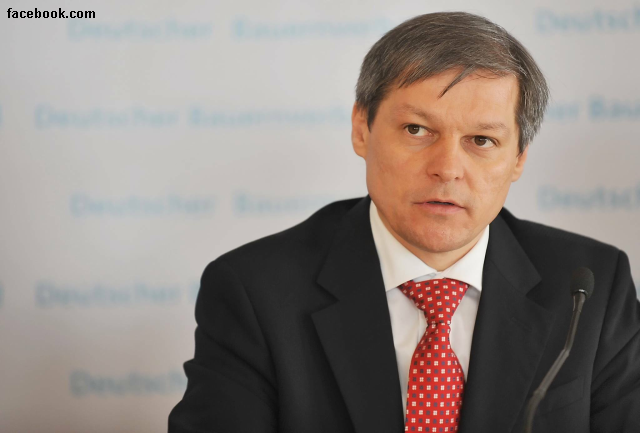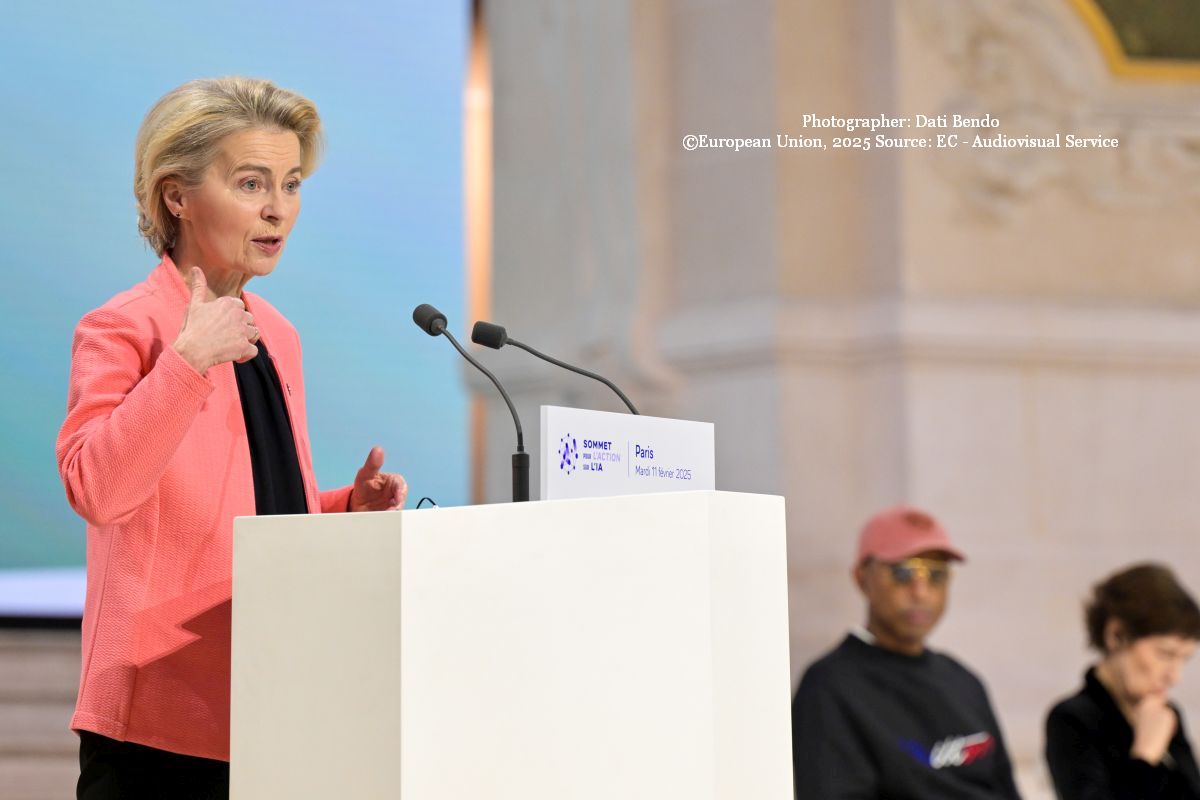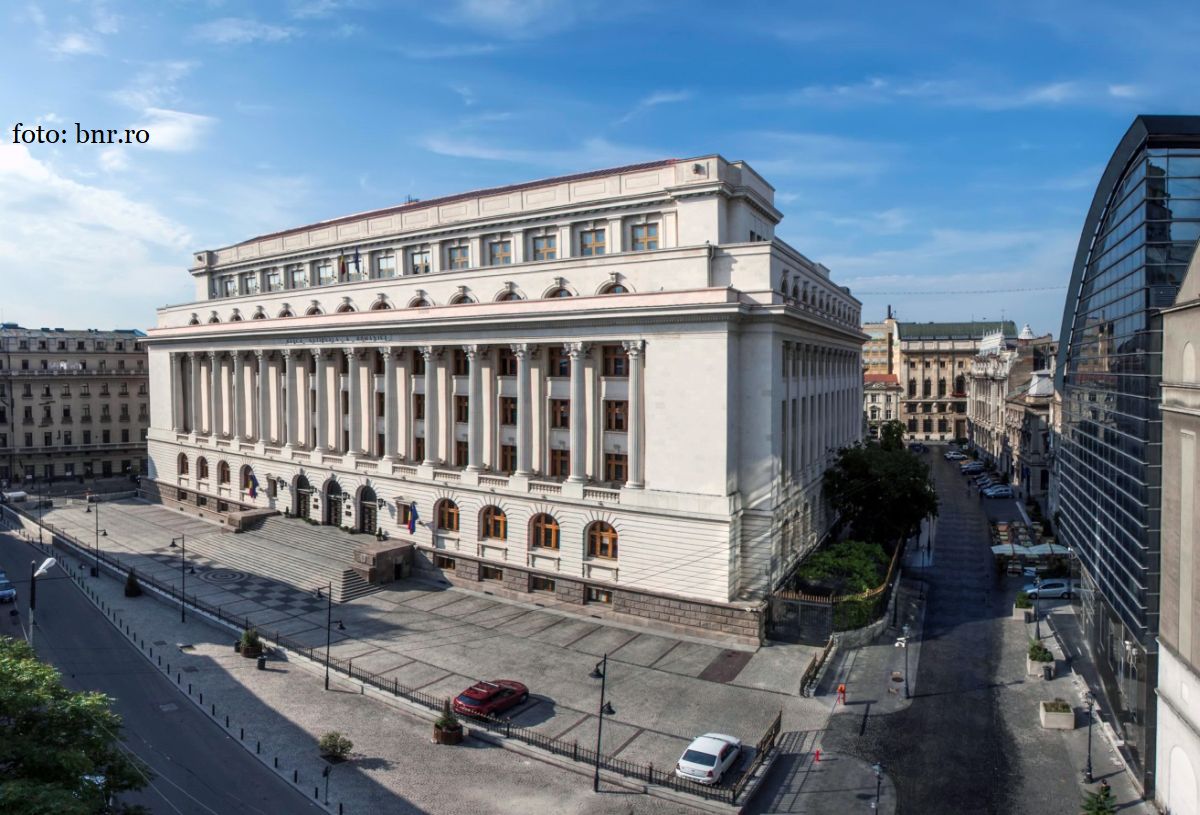Romania’s New Cabinet to Seek Parliament’s Approval
A year ahead of the local and parliamentary elections, Romania might have a technocratic cabinet.

Florentin Căpitănescu, 16.11.2015, 14:09
Seen by the entire Romanian society as the best solution to the perceived uselessness of political cabinets in post-communist Romania, the technocratic government headed by Dacian Ciolos has a difficult task ahead. They must live up to the expectations that Romanians are voicing more insistently than ever before, to their hopes for a transparent and efficient government, unstained by corruption and petty interests.
The 22 candidates nominated by the ex-European Commissioner Dacian Ciolos are little known to the general public, although their past accomplishments justify their nomination. Among them are both experienced private sector managers, such as Costin Grigore Borc, nominated for the positions of deputy PM and Economy Minister, and high-profile diplomats, such as the presidential adviser Lazar Comanescu, proposed for the Foreign Ministry and the current Romanian Ambassador in London, Mihnea Motoc, for the Defense Ministry. Senior EU staff like Anca Dragu Paliu for the Finance Ministry and civil society activists like Cristina Guseth for the Justice Ministry are also among nominees.
The future cabinet will also include people whose professional careers did have connections with the political arena, as is the case with the other deputy PM, sociologist Vasile Dincu, nominated for the Regional Development Minister, who was a senator and a member of the Social Democratic Party, the largest left-wing party in Romania. Dacian Ciolos explained the criteria on which the nominations were based:
“I wanted my cabinet to be made up of professionals, people of moral integrity who are open to dialogue. This is the team I will present in Parliament, and I hope we will get Parliament’s endorsement.”
The vote will most likely take place on Tuesday, after hearings in the specialised parliamentary committees. Once sworn in, the first priority of the new cabinet will be next year’s public budget. Dacian Ciolos:
“I have no intention to cut down budget allocations or to take back the various amendments that Parliament has already approved. But neither do I want to jeopardise Romania’s credibility by proposing a public budget structure lacking the required consistency and substance.”
Considering the positions expressed by the leaders of the main parliamentary parties, the vote validating the Ciolos Cabinet will be a mere formality. According to political analysts, parties are bound to endorse the new cabinet, because they will not risk losing symbolic capital one year before the local and parliamentary elections, at a time when people want an in-depth reform of the political class, instead of the shallow changes they have seen so far.
(Translated by A. Popescu / Edited by: E. Enache)






























